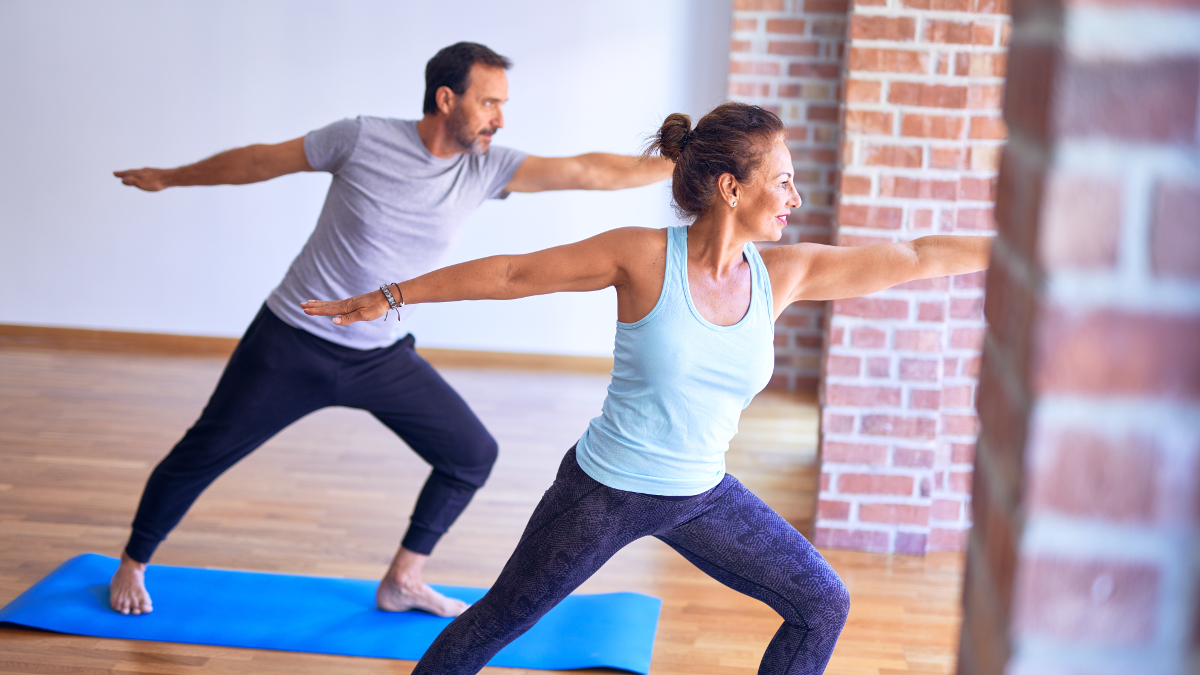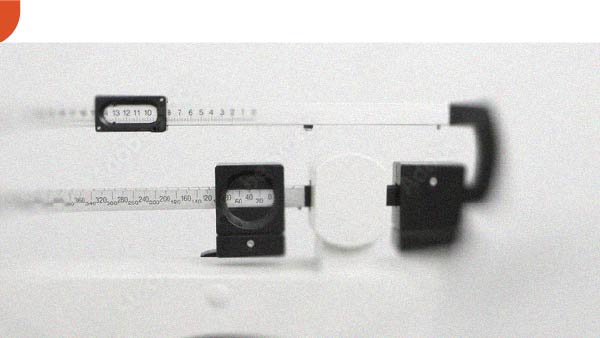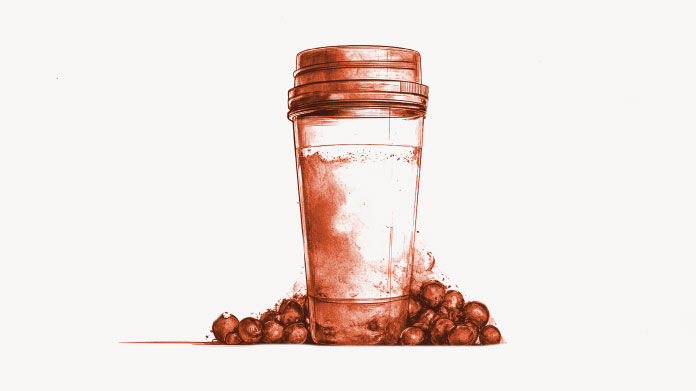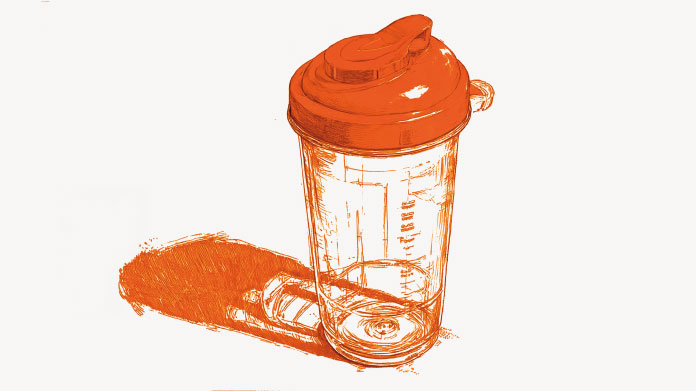Does exercise really strengthen the immune system?
“Walking is man’s best medicine.” So said Hippocrates in 400BC. Was he right? Let’s explore whether exercise really does improve the body’s defences.

Moderate sport is excellent for our health
Over the last several decades, studies have confirmed the fact that exercise is good for our health, and especially our immunity.
In fact, being physically active:
- helps burn more calories, thus preventing weight-related problems;
- stimulates the heart and thus reduces the risk of cardiovascular problems;
- and triggers the release of endorphins, which produce a sensation of well-being. By reducing stress hormones, endorphins also encourage the body’s immune response against aggressors.
How exactly does exercise stimulate the immune system?
Let’s take a more detailed look at the links between physical activity and immunity.
Scientific studies have shown that:
- regular exercise produces a peak in polymorphonuclear neutrophils, a type of white blood cell highly effective at protecting the body. Levels of these neutrophils then return to ‘normal’ 24 hours after an exercise session;
- cycling on a regular basis stimulates several aspects of our immune defences (1). This particular study found that keen cyclists had extremely high levels of certain T lymphocytes as well as IL-7, a molecule that protects the thymus from ageing. And as it happens, the thymus is the organ that produces T lymphocytes (one of the cornerstones of the body’s immune system).
In short, current scientific data more than supports Hippocrates’ view: however old you are, taking regular exercise is one of the best ways of protecting your health.
How many hours of physical activity a week should you take?
Let’s take a simple and very popular example: jogging. According to a Danish study published in the Journal of the American College of Cardiology in February 2015, adults should aim to run for 2.5 hours a week at a light or moderate pace, spread over 2-3 sessions (2).
According to the study’s authors, this level of exercise could help increase life expectancy by six years for men, and by almost six years for women.
Exercise … but do so moderately
Of course, you shouldn’t ‘overdo it’ when it comes to physical activity. Two hormones released during exercise, adrenalin and cortisol, can end up damaging the body’s metabolism and causing a a change in the balance of cytokines as well as elevated levels of free radicals. (3)
What’s more, intensive exercise increases microlesions in muscles, bones and the intestines … The latter can cause bacteria and toxins present in the gut to be distributed throughout the body. Don’t overwork your body as it could end up backfiring, leading to an overall weakening of your immune defences. (4-5)
Immunity: some simple tips for exercising effectively
Whether you’re an occasional exerciser, a regular sports enthusiast or an experienced athlete … Here are some useful tips for getting the most out of your physical activity:
- if you’re just starting to exercise, opt for a gradual approach (especially if you’re overweight) (6) ;
- if you exercise intensively, make sure you have long recovery timesto give your immune defences time to return to ‘normal’;
- it’s also better to have a maximum of one to two sessions of intensive exercise a week (you can always supplement this with additional moderate sessions).
Substances that optimise physical performance and stimulate immunity
There are many compounds available in nature that can help improve your sporting ability ...
... and at the same time directly stimulate your immunity:
- ginseng, a tonic, cardio-protector and immunity-booster (7-8), is considered invaluable by sports enthusiasts (we particularly recommend the supplement Ginseng 30%) ;
- the amino acid L-glutamine improves protein synthesis and thus encourages muscle renewal. It is also an exceptional source of fuel for immune cells. (9) (opt for L-Glutamine) ;
- the amino acid L-citrulline, removes ammonia produced by muscles during exercise. It thus prevents muscle soreness and encourages muscle recovery. It is also a major immunity-booster. (10) Try, for example, the excellent supplement L-Citrulline.
Other key supplements for sports enthusiasts
We should also mention these other supplements widely-used in the sporting world:
- spirulina, a micro-algae rich in protein, vitamins and minerals, is super-popular with sports enthusiasts. It helps invigorate the body, improve stamina and facilitate muscle development and recovery(11) (try the product Spirulina) ;
- if you want to gain muscle mass, whey protein, creatine and BCAA are the three essential bodybuilding ingredients (you can find them in 3-Creatine and BCAA's).
Last but not least, some classic supplements of benefit to everyone
To finish, let’s not forget these key supplements that will prove highly beneficial for sports enthusiasts – as well as everyone else!
- omega 3. These polyunsaturated fatty acids participate in cell regeneration, improve performance and protect heart health(12) (try, for example, Super Omega 3) ;
- be sure to supplement too with magnesium (choose Magnesium Orotate). You may not know it, but exercise can lead to depletion of mineral salts, hence the need to increase your intake of magnesium in particular;
- and finally, it goes without saying that we recommend supplementing with vitamin D, since any deficiency in this vitamin will damage your body’s capabilities, not least your sporting ability. Remember that the ‘sunshine vitamin’ plays a role in bone health, muscle function and immunity (13). To obtain the benefits of this essential nutrient, the best choice is the supplement Vitamin D3 5000 IU.
References
- Schnohr P, O’Keefe JH, Marott JL, Lange P, Jensen GB. Dose of Jogging and Long-Term Mortality, The Copenhagen City Heart Study. J Am Coll Cardiol. 10 février 2015;65(5):411‑9.
- Duggal NA, Pollock RD, Lazarus NR, Harridge S, Lord JM. Major features of immunesenescence, including reduced thymic output, are ameliorated by high levels of physical activity in adulthood. Aging Cell. 2018;17(2):e12750.
- VERON M., thèse de doctorat « l’impact du sport sur le système immunitaire » Université de Lille 2 Faculté des Sciences Pharmaceutiques et Biologiques de Lille, juin 2016
- Gleeson M. Immune function in sport and exercise. J Appl Physiol (1985). 2007;103(2):693‐699.
- Sharp NC, Koutedakis Y. Sport and the overtraining syndrome: immunological aspects. Br Med Bull. 1992;48(3):518‐533.
- Chubak J, McTiernan A, Sorensen B, Wener MH, Yasui Y, Velasquez M, et al. Moderate-Intensity Exercise Reduces the Incidence of Colds Among Postmenopausal Women. Am J Med. 1 nov 2006;119(11):937-942.e5.
- Scaglione F, Cattaneo G, Alessandria M, Cogo R. Efficacy and safety of the standardised Ginseng extract G115 for potentiating vaccination against the influenza syndrome and protection against the common cold [corrected] [published correction appears in Drugs Exp Clin Res 1996;22(6):338]. Drugs Exp Clin Res. 1996;22(2):65‐72.
- Kim JH. Cardiovascular Diseases and Panax ginseng: A Review on Molecular Mechanisms and Medical Applications. J Ginseng Res. 2012;36(1):16‐26.
- Cruzat V, Macedo Rogero M, Noel Keane K, Curi R, Newsholme P. Glutamine: Metabolism and Immune Function, Supplementation and Clinical Translation. Nutrients. 2018;10(11):1564. Published 2018 Oct 23.
- Allerton TD, Proctor DN, Stephens JM, Dugas TR, Spielmann G, Irving BA. l-Citrulline Supplementation: Impact on Cardiometabolic Health. Nutrients. 2018;10(7):921. Published 2018 Jul 19.
- Hernández-Lepe MA, López-Díaz JA, Juárez-Oropeza MA, Hernández-Torres RP, Wall-Medrano A, Ramos-Jiménez A. Effect of Arthrospira (Spirulina) maxima Supplementation and a Systematic Physical Exercise Program on the Body Composition and Cardiorespiratory Fitness of Overweight or Obese Subjects: A Double-Blind, Randomized, and Crossover Controlled Trial. Mar Drugs. 2018;16(10):364. Published 2018 Oct 1.
- Gammone MA, Riccioni G, Parrinello G, D'Orazio N. Omega-3 Polyunsaturated Fatty Acids: Benefits and Endpoints in Sport. Nutrients. 2018;11(1):46. Published 2018 Dec 27.
- Larson-Meyer DE, Willis KS. Vitamin D and athletes. Curr Sports Med Rep. 2010;9(4):220‐226.
4 Hours
Ordering and delivery is easy and fast
Ordering and delivery is easy and fast
Peter
2 Days
Simple and quick :-)
My order was delivered quickly, and I'm satisfied with the product! It was lot less fuss compared with some things I've ordered.
DEL Jacqueline
2 Days
Excellent quality products & customer…
Excellent quality products & customer service & care …thank you!
Giovanna Escalera
3 Days
great experience
Easy ordering, fast deliver, very professionally.
Natasa
7 Days
this company and its products are…
this company and its products are perfect: I have been their customer for three years , prices are reasonable for the high quality they offer , the products are of very good quality not just plainly "normal" , delivery is quite fast. we are very satisfied with them.
Gabriel Diacakis
7 Days
TOP service TOP products will buy again…
TOP service TOP products will buy again and again
PINOTTI Giorgio
9 Days
Trustworthy company with tested products
Trustworthy company with tested products
Trusted
14 Days
Efficiency and speed
Efficiency and speed
Cuccie
15 Days
GOOD BRAND IN FOOD COMPLEMENTS
GOOD BRAND IN FOOD COMPLEMENTS - SERIOUS WITH GOOD DOCUMENTS AND DETAILS SCIENTIST. AND SERIOUS HONNEST COMMERZIALISATION. I HAVE TRUST IN THEIR PRODUCTS.
FENOGLIO Guy
17 Days
Very good experience
Very good experience, the products arrived in time, in perfect condition and are good quality. Thank you.
GABI TIRCOCI
23 Days
very good expereince
very good expereince
Jelena Đaković
23 Days
Very good products.
Very good products.
Agnes BENDSAK
25 Days
Just OK
Just OK, ordering from company for many years and being safisfied
Lynn Mae
25 Days
Recomendo
Produtos encomendados são recebidos atempadamente e de acordo com o anunciado! Muito satisfeita!
Carla Sofia
26 Days
Everything is great!
Everything is great!
Jonas
of experience
your money back
##montant## purchase




